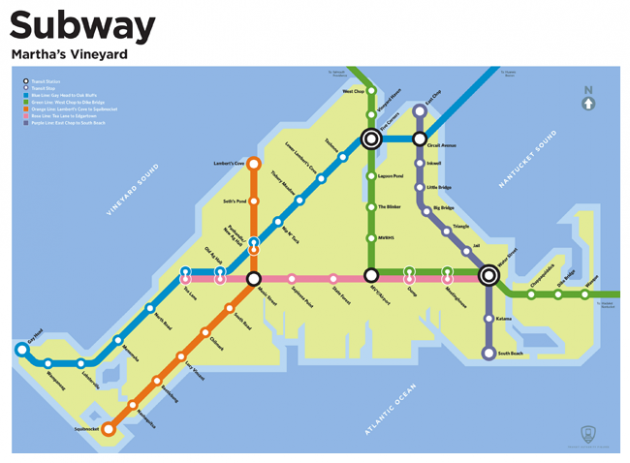Published August 6, 2010
Earlier this week I asked where you stand on the gambling debate, which may not be dead yet. (Radio Boston’s week-in-review roundtable takes up the topic today at 3.) Most of the discussion happened on Facebook.

I'm getting maximum mileage out of this graphic.
Where does George Preston stand?
As close to the bar as possible.
George will be here all night, folks.
Carla Jalbert is skeptical:
I do not see an opportunity for “JOBS” – when Foxwood opened years ago there were many workers in the slot area – now with technology, automation, you hardly see any attendants.. I believe the expense of having slots there will not create jobs, and the money will be more pure profit for the race track owners!!
On that note, Carla, casino proponents — and the press — have thrown around the “15,000 jobs,” but I’m not clear where that number comes from.
Briavael O’Reilly is realistic:
As with any addiction, people are going to find ways to gamble. At least if we keep it in Mass, the state can get some of that money to put back into other programs.
…and similarly, from Michael J. Curtiss:
Being a pragmatist, I can only say that if man is going to continue to insist on the right to pursue his vices, then others ought to be able to make a living from them. Bring it on.
Oh, it’s already been broughten.
Richer Earth, in the comments:
I have been a long-time opponent of state-sanctioned gambling because the social costs can be high (been to Atlantic City lately?) and the jobs estimates tend to be inflated. Lately, however, I’ve changed my tune.
If the only way that we can raise the money to keep libraries open, teachers employed, and arts programs running is to enable fools to be parted from their money, let’s get it over with. Gambling … is a tax on stupidity and it seems it is the only tax that can garner any support.
Cynthia Knowlton is suspicious:
I’m curious about the real reasons people are anti-casino. I’ve heard, “it’s habit forming”. So is drinking, drugs, prescription medication, and smoking. I’ve heard, “it will take people away from their families due to addiction.” So do… drinking, prescription medication, and drugs. I’ve heard, “it will rip the moral fabric of the community.” So do drinking, drugs, and strip clubs. What’s the 1 constant in all those statements? Alcohol. I certainly don’t think that banning alcohol is the answer anymore than not having casinos.
Debbie Howarth wants better research:
Will these Casinos and Racinos really make money and produce jobs? Twin River in Rhode Island has been in debt and losing money for years. If we are trying to compete with Foxwoods and Mohegan Sun I think we should do the research and establish a quality venue in western Massachusetts that will pull patrons from New York and points west as well. The current plan spreads the resources thin and definitely has a sleaze factor.
We don’t want to over saturate the market and end up with these places empty or closed within 5 years!
Dale Schaetzke has another idea:
First, Scrap the lottery, we the people should not be in this business and there is no way we can label it a government service. Second, although I don’t like gambling, it should be legal. Repeal the prohibitions. If people want to put money… in a machine that keeps it, let them.
Jane Powers smells abuse:
Gambling is a BIG mistake.. They should call it what it is, a tax on poor people.
And Jeff Bowen is radical:
Definitley For it. Gambling shoud be a right of every Ameirican. We live in America after all. Land Of The Free. Remember that! I am pro- Medical Marijuana as well. If an American wants to drink, smoke or gambel they should be aloud to and not fear prosecution from the Govt. Oh, yeah and I am pro- Prostitution, the oldest profession. We can learn alot from the Netherlands. Does that make me a liberal? I am tired of the government telling people what they can and can’t do.
What do you think?






